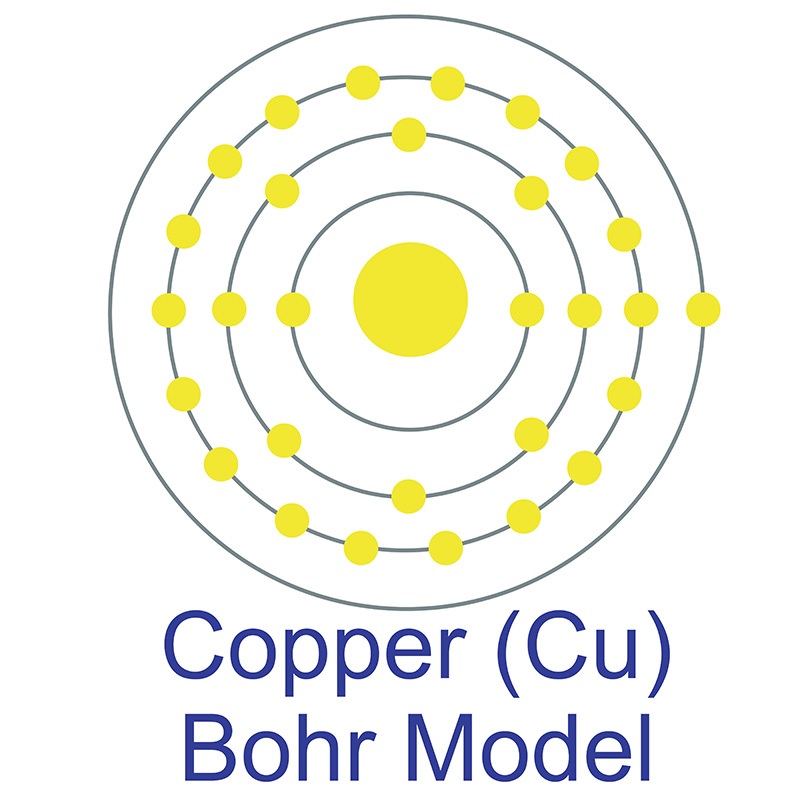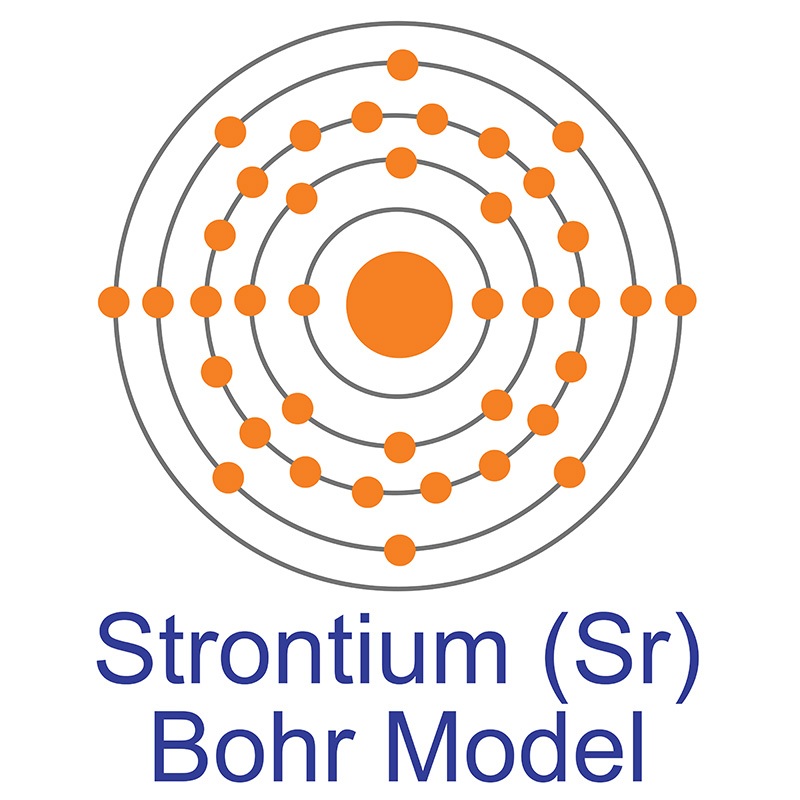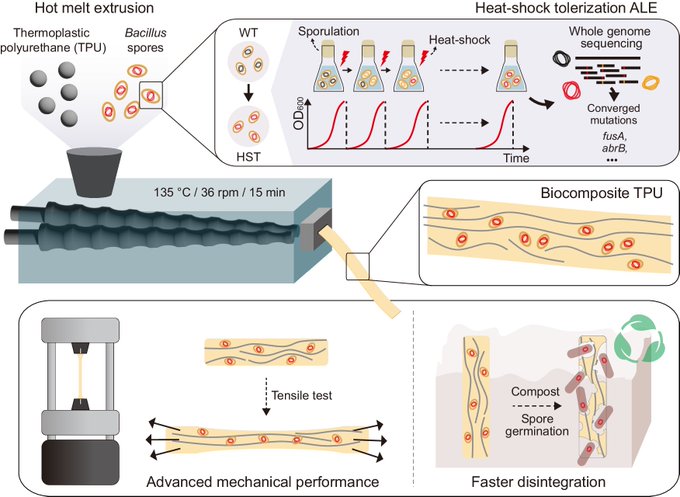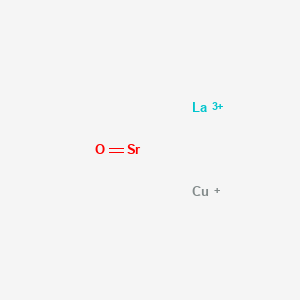Materials
Materials by Form
2D Materials Alloy & Alloy Forms Pure Metals & Metal FormsCeramic FibersFoams: Metallic & Ceramic High Purity Materials Isotopes MXenesOxides Rare Earths Semiconductors Solutions
Chemicals & Salts
All Chemicals & Salts Acetates Aluminides Ammonium Sulfates Antimonides Arsenates Benzoate Bromates Bromides Carbonates Chlorides Chromates Fluorides Hydrides Hydroxides Iodates Iodides Lactates Molybdates Nitrates Oxalates Oxides Perchlorates Phosphates Selenates Selenides Selenites Silicates Stearates Sulfates Sulfides Sulfites Tantalates Tellurates Tellurides Tellurites ThiocyanatesVanadates
Ceramics
Nanomaterials
Organometallics
Materials by Application
Additive Manufacturing & 3D Printing Battery & Supercapacitor Materials Catalysts Dental Materials Electronics Materials Fuel Cell Materials Fusion EnergyGlass Manufacturing Green Technology & Alternative Energy Hydrogen Storage Laser Crystals Life Sciences & Biomaterials Metallurgy Nanotechnology & Nanomaterials Optical Materials Photovoltaic & Solar Energy Plating Pigments & Coatings Research & Development Space Technology Sputtering Targets Thin Film Deposition Water Treatment Weather Modification
Life Science Chemicals
Life Science Products AlcoholsAldehydesAmidesAminesAmino Acids & DerivativesAromaticsArylsAzetidinesBenzimidazolesBenzisoxazolesBenzodioxansBenzofuransBenzothiazolesBenzothiophenesBenzoxazolesCarboxylic AcidsEnzymes & InhibitorsEstersEthersFluorinated Building BlocksFuransHalidesImidazolesImidazolidinesIndazolesIndolesIndolinesIsoquinolinesIsoxazolesKetonesMorpholinesNaphthyridinesNitrilesOrganoboronOrganosiliconOxadiazolesOxazolesPharmaceuticals & IntermediatesPhenolsPhytochemicalsPiperazinesPiperidinesPyrazinesPyrazolesPyridazinesPyridinesPyrimidinesPyrrolesPyrrolidinesPyrrolinesQuinazolinesQuinolinesQuinoxalinesSpiroesSulfonyl ChloridesTetrahydroisoquinolinesTetrahydropyransTetrahydroquinolinesTetrazolesThiadiazolesThiazolesThiazolidinesThiolsThiophenesTriazinesTriazoles
About Us
Locations
Austria Belgium Brazil Canada China & Hong Kong Czech Republic Denmark Finland France Germany Greece Hungary India Indonesia Israel Italy Japan Malaysia Mexico Netherlands Norway Philippines Poland Portugal Russia Singapore South Korea Spain Sweden Switzerland Taiwan Thailand Turkey United Kingdom United States
Industries
Aerospace Agriculture Automotive Chemical Manufacturing Defense Dentistry Electronics Energy Storage & Batteries Fine Art Materials Fuel CellsFusion Energy Glass Investment Grade Metals Jewelry & Fashion Lasers Lighting Medical Devices Museums & Galleries Nuclear Energy Oil & Gas Optics Paper & Pulp Pharmaceuticals & Cosmetics Research & Laboratory Robotics Solar Energy Space Sports Equipment Steel & Alloy Producers Textiles & Fabrics Water Treatment Municipalities
Follow Us
 Copper (atomic symbol: Cu, atomic number: 29) is a Block D, Group 11, Period 4 element with an atomic weight of 63.546. The number of electrons in each of copper's shells is 2, 8, 18, 1 and its electron configuration is [Ar]3d10 4s1. The copper atom has a radius of 128 pm and a Van der Waals radius of 186 pm. Copper was first discovered by Early Man prior to 9000 BC. In its elemental form, copper has a reddish-orange metallic and lustrous appearance. Of all pure
Copper (atomic symbol: Cu, atomic number: 29) is a Block D, Group 11, Period 4 element with an atomic weight of 63.546. The number of electrons in each of copper's shells is 2, 8, 18, 1 and its electron configuration is [Ar]3d10 4s1. The copper atom has a radius of 128 pm and a Van der Waals radius of 186 pm. Copper was first discovered by Early Man prior to 9000 BC. In its elemental form, copper has a reddish-orange metallic and lustrous appearance. Of all pure  has a higher electrical conductivity. The origin of the word copper comes from the Latin word 'cuprium' which translates as "metal of Cyprus," as the Mediterranean island of Cyprus was known as an ancient source of mined copper..
has a higher electrical conductivity. The origin of the word copper comes from the Latin word 'cuprium' which translates as "metal of Cyprus," as the Mediterranean island of Cyprus was known as an ancient source of mined copper.. The number of electrons in each of lanthanum's shells is [2, 8, 18, 18, 9, 2] and its electron configuration is [Xe] 5d1 6s2. The lanthanum atom has a radius of 187 pm and a Van der Waals radius of 240 pm. Lanthanum was first discovered by Carl Mosander in 1838. In its elemental form, lanthanum has a silvery white appearance.
The number of electrons in each of lanthanum's shells is [2, 8, 18, 18, 9, 2] and its electron configuration is [Xe] 5d1 6s2. The lanthanum atom has a radius of 187 pm and a Van der Waals radius of 240 pm. Lanthanum was first discovered by Carl Mosander in 1838. In its elemental form, lanthanum has a silvery white appearance. It is a soft, malleable, and ductile metal that oxidizes easily in air. Lanthanum is the first element in the
It is a soft, malleable, and ductile metal that oxidizes easily in air. Lanthanum is the first element in the  The number of electrons in each of Strontium's shells is [2, 8, 18, 8, 2] and its electron configuration is [Kr] 5s2. The strontium atom has a radius of 215 pm and a Van der Waals radius of 249 pm. Strontium was discovered by William Cruickshank in 1787 and first isolated by Humphry Davy in 1808. In its elemental form, strontium is a soft, silvery white metallic solid that quickly turns yellow when exposed to air.
The number of electrons in each of Strontium's shells is [2, 8, 18, 8, 2] and its electron configuration is [Kr] 5s2. The strontium atom has a radius of 215 pm and a Van der Waals radius of 249 pm. Strontium was discovered by William Cruickshank in 1787 and first isolated by Humphry Davy in 1808. In its elemental form, strontium is a soft, silvery white metallic solid that quickly turns yellow when exposed to air.  Cathode ray tubes in televisions are made of strontium, which are becoming increasingly displaced by other display technologies pyrotechnics and fireworks employ strontium salts to achieve a bright red color. Radioactive
Cathode ray tubes in televisions are made of strontium, which are becoming increasingly displaced by other display technologies pyrotechnics and fireworks employ strontium salts to achieve a bright red color. Radioactive 
